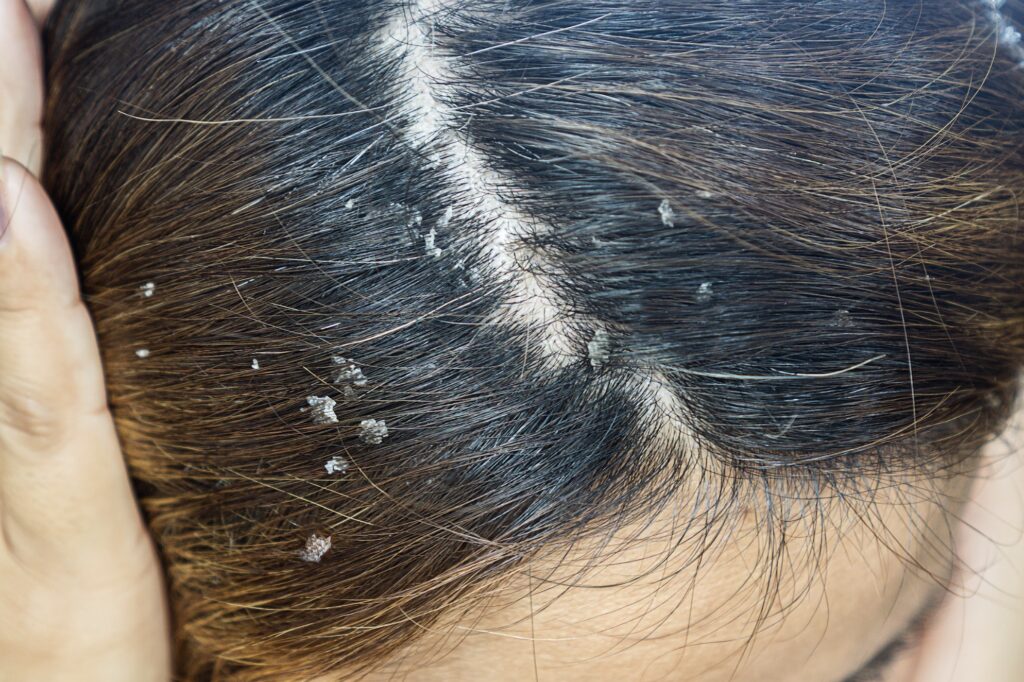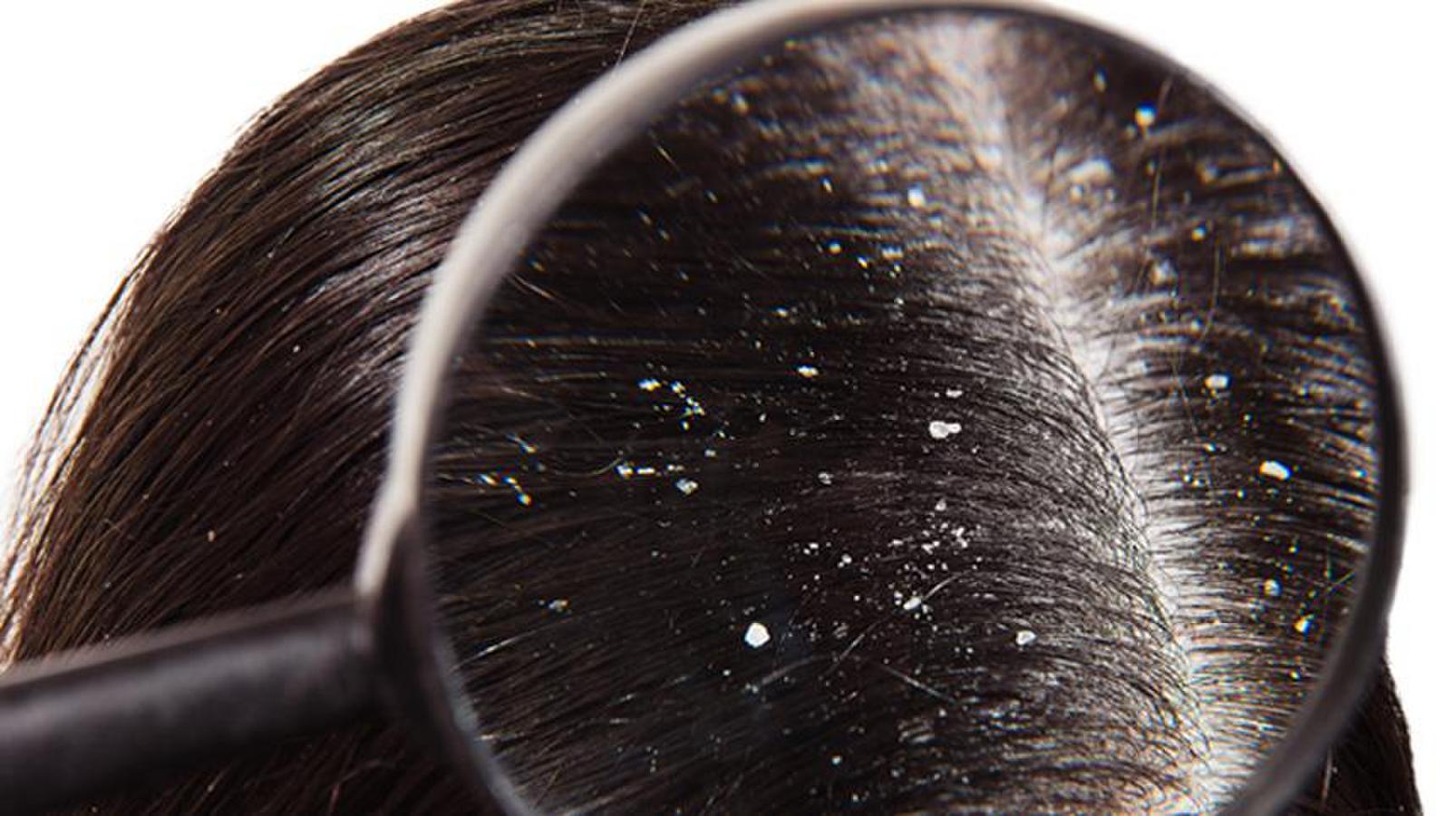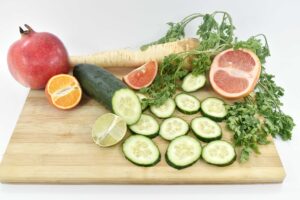How to Prevent Dandruff in Winter – Winter often brings with it a slew of skincare concerns, and one of the most common ones is dandruff. The chilly weather tends to wreak havoc on our scalp, causing dryness, itchiness, and the dreaded flakes. Understanding the root causes and taking proactive measures can significantly alleviate this issue.

Factors Leading to Winter Dandruff
Dryness and its Effect on the Scalp
The drop in temperature during winter leads to a decrease in humidity levels, resulting in dry skin. This lack of moisture affects the scalp, making it prone to flakiness and irritation.
Excessive Use of Heating Systems
While heaters keep us warm, they also contribute to the drying of the air around us. Continuous exposure to artificial heating can strip the scalp of its natural oils, exacerbating dandruff issues.
Changes in Skincare Routine
Many individuals inadvertently alter their skincare habits during winter. This can include using harsher shampoos or neglecting proper hydration, unknowingly aggravating dandruff problems.
Effective Home Remedies
Combatting winter dandruff starts at home with simple yet effective remedies.
Moisturizing the Scalp
Regularly moisturizing the scalp helps maintain its natural balance. Using aloe vera gel or specialized scalp moisturizers can provide the necessary hydration.
Natural Oils and their Benefits
Oils like coconut, jojoba, or tea tree oil possess moisturizing and anti-inflammatory properties. Applying these oils to the scalp can alleviate dryness and reduce dandruff.
Importance of a Balanced Diet
A well-rounded diet rich in vitamins and minerals supports overall scalp health. Incorporating foods high in Omega-3 fatty acids and antioxidants can strengthen hair follicles and combat dandruff.
Choosing the Right Hair Care Products
Shampoos and Conditioners Suitable for Winter
Opting for mild, moisturizing shampoos and conditioners during winter helps retain the scalp’s natural oils without stripping them away.
Ingredients to Look for and Avoid
Checking product labels for ingredients like zinc pyrithione or ketoconazole can help fight dandruff-causing fungi. Conversely, avoiding sulfates and parabens prevents further scalp irritation.
Healthy Habits to Prevent Dandruff
Regular Hair Washing Routine
Maintaining a consistent hair washing schedule, ensuring cleanliness without excessive washing, prevents the accumulation of dead skin cells and oils that contribute to dandruff.
Avoiding Excessive Styling Products
Reducing the use of styling gels or sprays prevents product buildup on the scalp, which can exacerbate dandruff issues.
Stress Management and its Impact on Scalp Health
Stress can trigger or worsen dandruff. Practicing stress-relief techniques like meditation or yoga positively impacts overall scalp health.
Understanding Severe Cases and When to Seek Professional Help
In severe cases where home remedies prove insufficient, seeking advice from a dermatologist or healthcare professional becomes crucial.
Identifying Severe Dandruff Symptoms
Persistent itchiness, inflammation, or excessive flaking could indicate a more serious scalp condition that requires professional attention.
Consulting a Dermatologist or Healthcare Professional
If dandruff persists despite trying various remedies or if it worsens, seeking guidance from a professional ensures accurate diagnosis and targeted treatment.
Conclusion
Preventing winter dandruff involves a holistic approach—maintaining scalp moisture, choosing appropriate products, adopting healthy habits, and seeking professional guidance when necessary. By implementing these preventive measures, one can significantly reduce the occurrence and severity of dandruff during the colder months.
FAQs (Frequently Asked Questions)
- Can dandruff worsen in winter?
- Dandruff tends to worsen in winter due to decreased humidity and dry scalp conditions.
- Is it okay to wash hair daily to prevent dandruff?
- Daily washing may strip the scalp of natural oils, so it’s advisable to stick to a regular but not excessive washing routine.
- Can stress cause dandruff?
- Yes, stress can contribute to dandruff problems by triggering scalp conditions.
- Are there specific foods that help prevent dandruff?
- Foods rich in Omega-3 fatty acids and antioxidants can support scalp health and reduce dandruff.
- When should I consult a professional about my dandruff issues?
- If home remedies don’t alleviate the problem or if dandruff worsens, consulting a dermatologist or healthcare professional is recommended.




